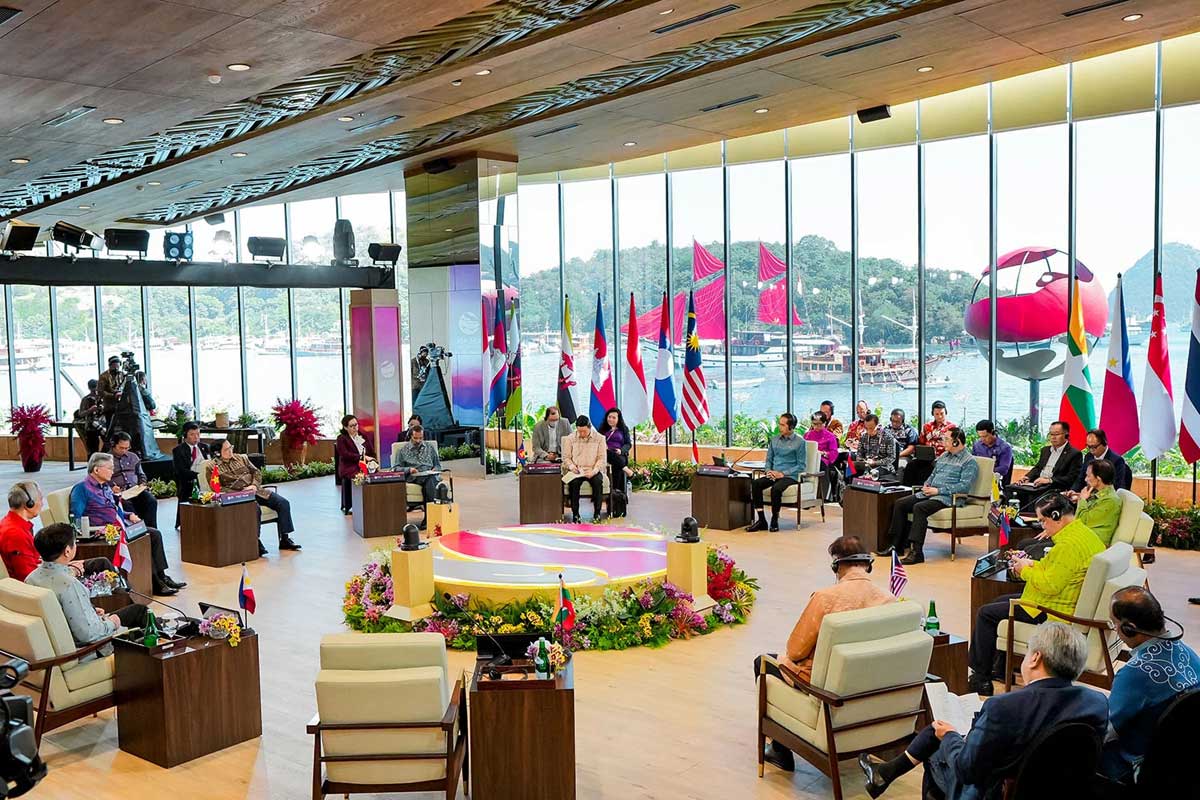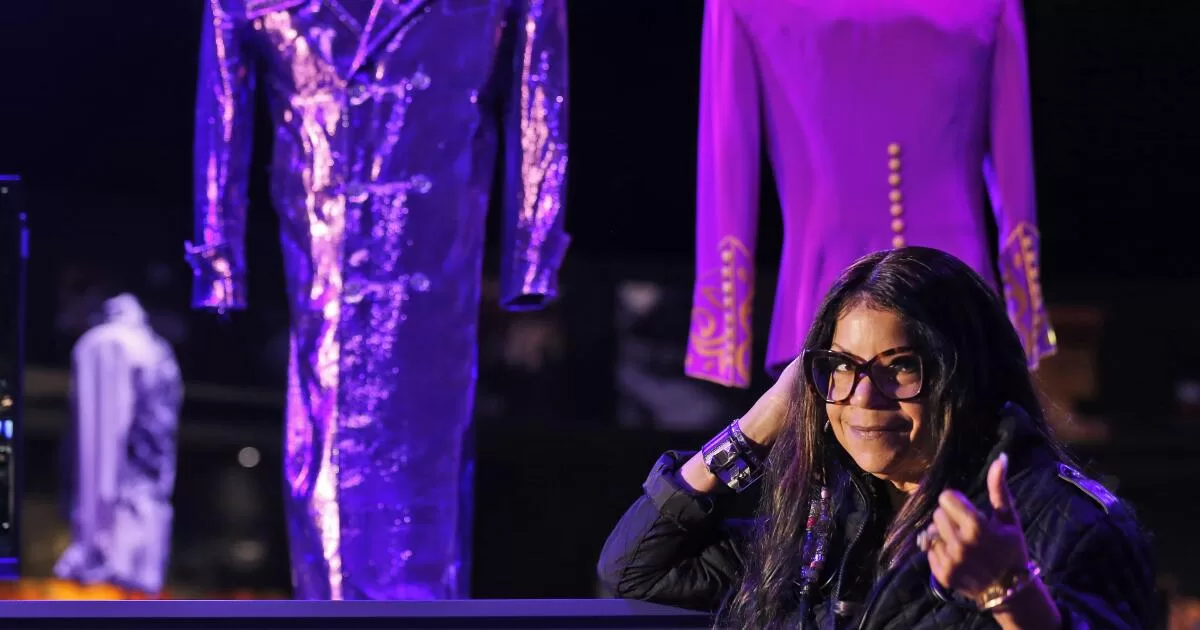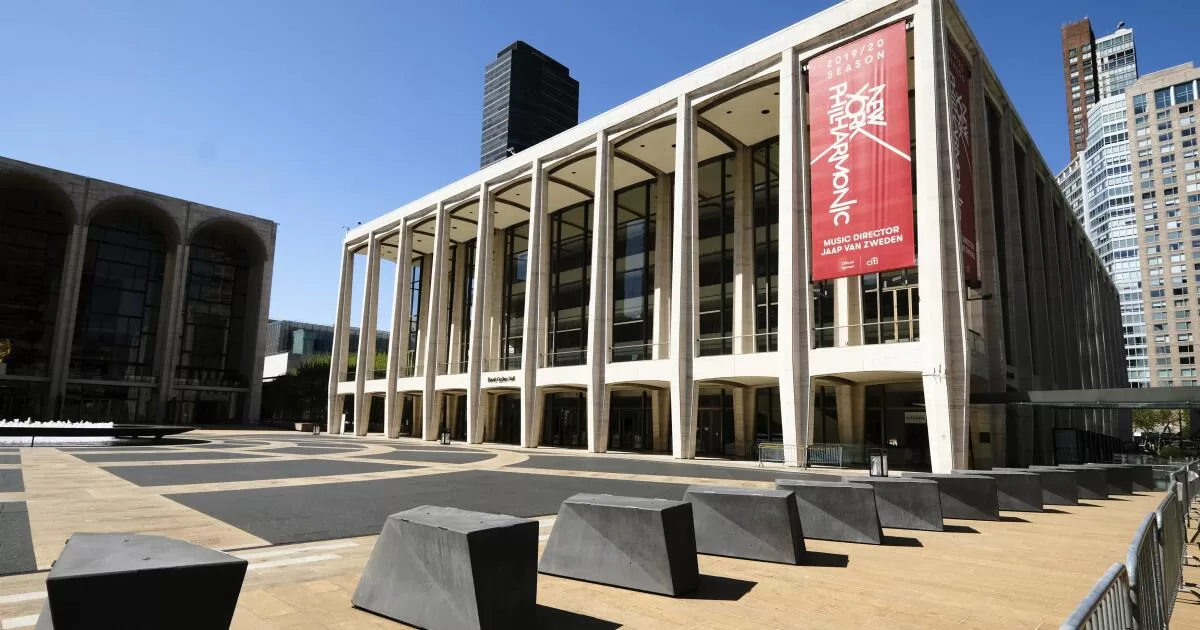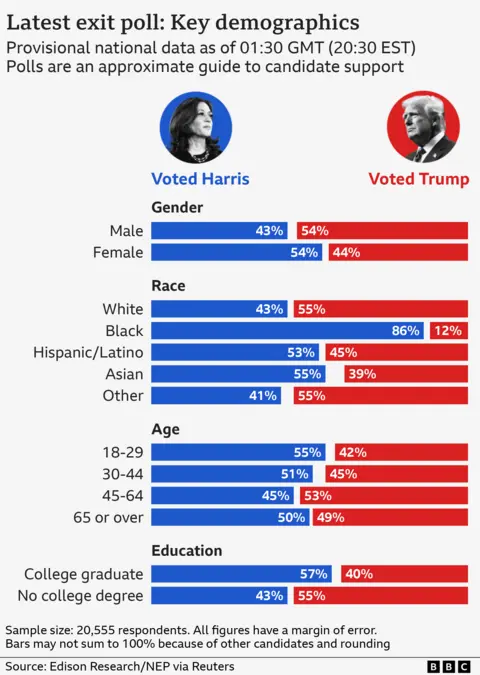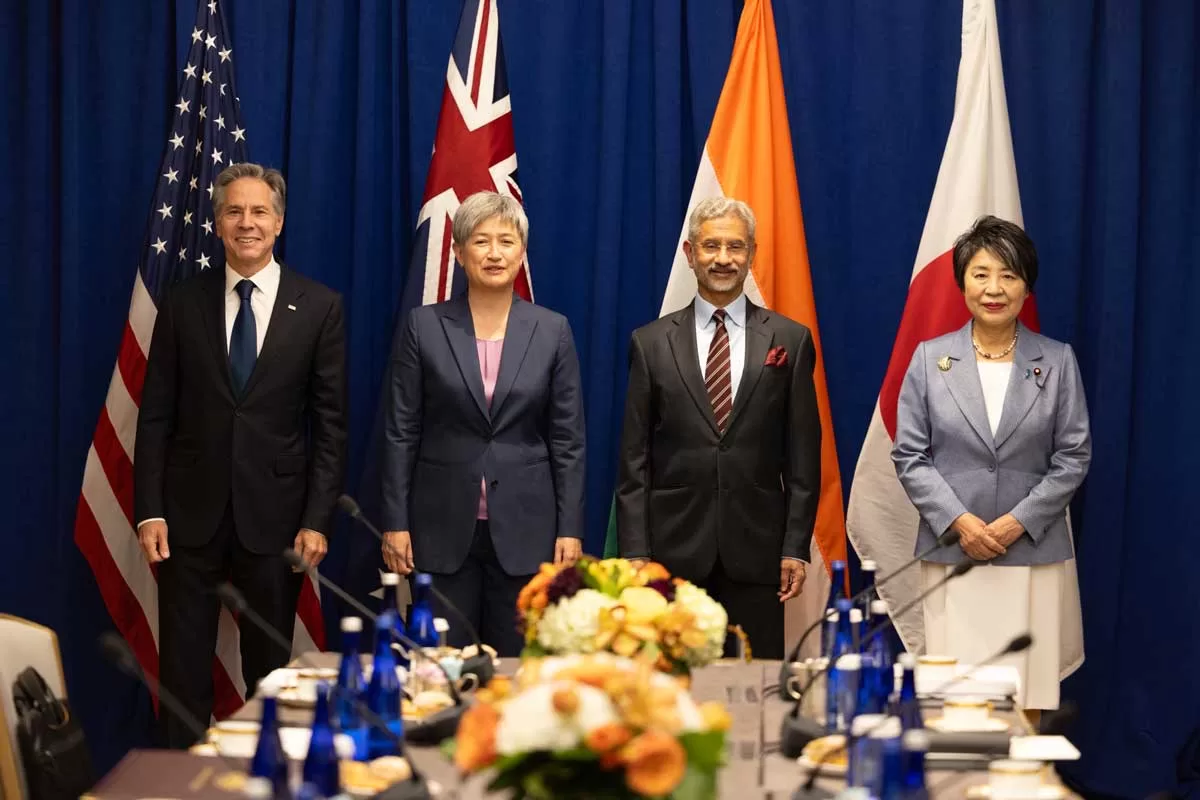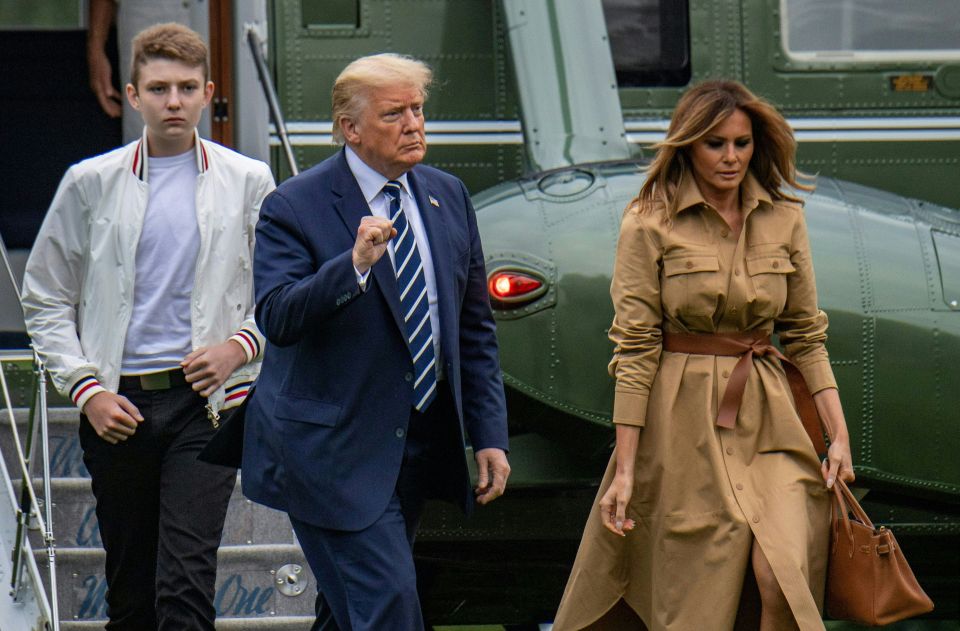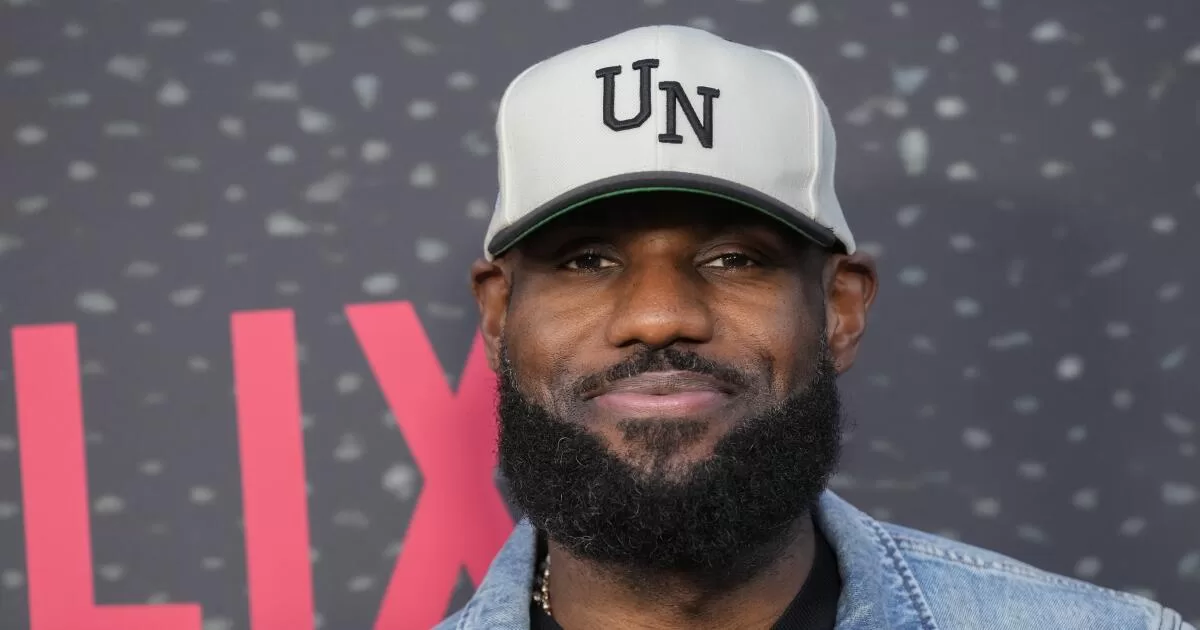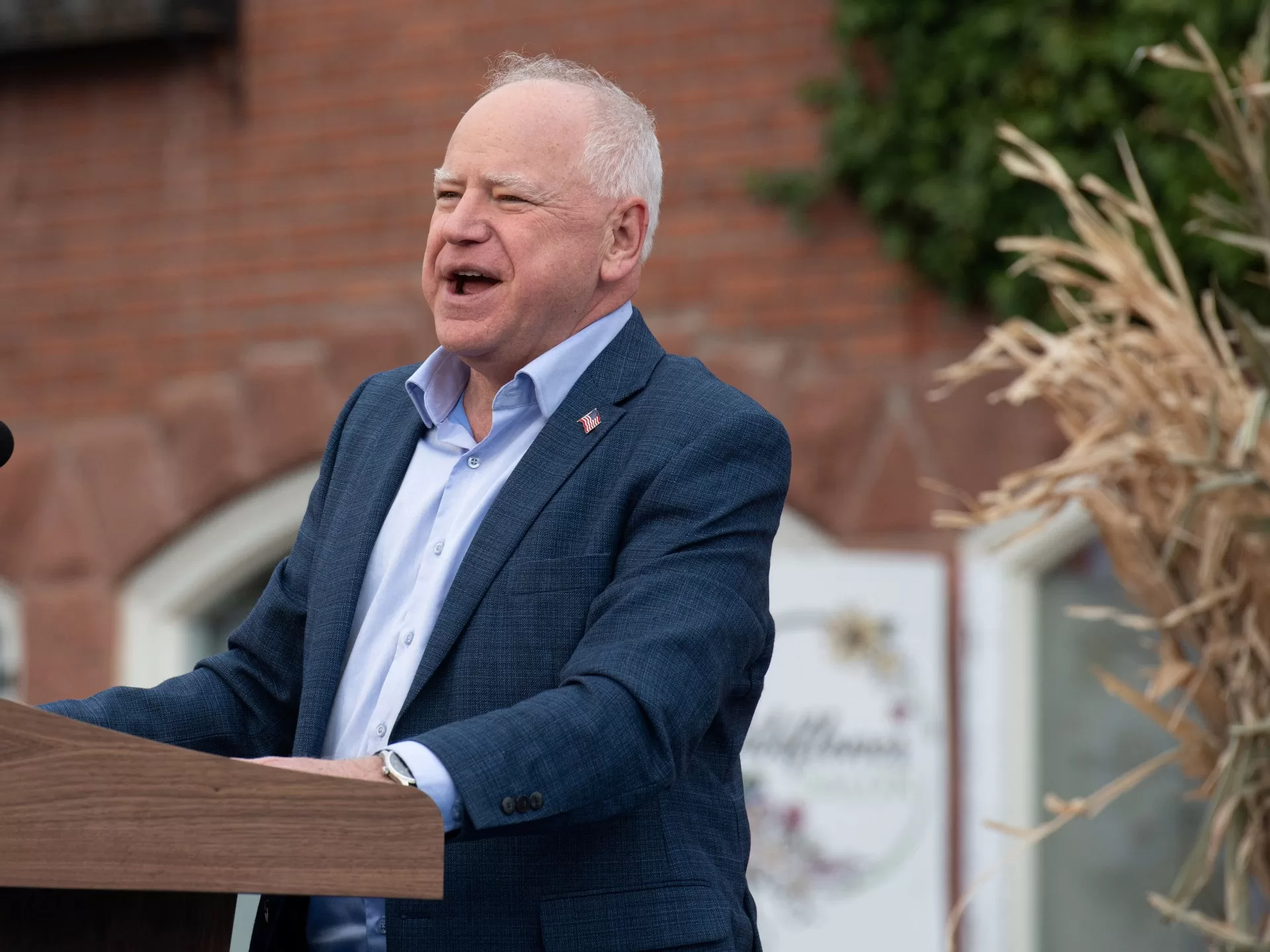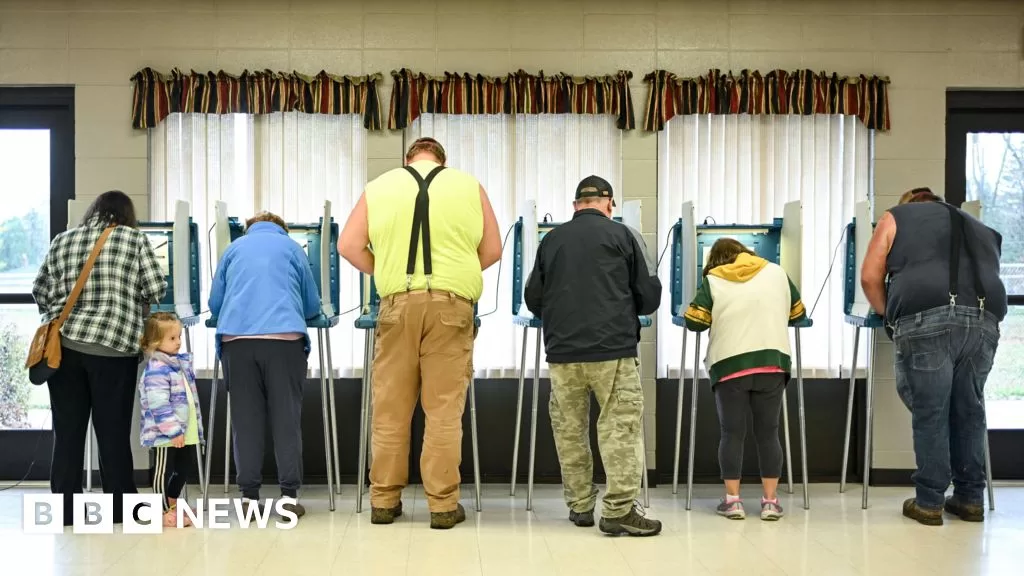Indonesia’s Position in US-China War of Power
A complicated moment in international relations has been created by the geopolitical rivalry between the United States and China in the ASEAN region. Kuik (2020) emphasises that this type of competition has fundamentally changed the geopolitical landscape of Southeast Asia, forcing countries in the region to rethink their economic diplomacy strategies1. Through the neorealist framework developed by Mearsheimer, this competition is understood as a natural phenomenon in an anarchic international system where great powers compete to maximise their power and influence. Neorealism argues that the behaviour of states is driven by their interest in protecting their security and maintaining their status in the international system, rather than solely by economic or ideological interests. As can be seen, this framework is relevant for understanding the implications of this competition for economic diplomacy in each ASEAN member state2.
The Belt and Road Initiative (BRI), launched by China under President Xi Jinping in 2013, has been credited with bringing about significant changes in the political-economic power of ASEAN. The goal of the BRI is to create a global trade network through the investment of massive infrastructures in Asia, Europe, Africa and also Latin America. China offers flexible access to the sort of loans that may be difficult for developing countries to get from international financial institutions. Seen from an economic perspective, the BRI has clear potential benefits for the recipient countries. Ong and Hoo in their book said if the infrastructure built, such as ports, railways and roads, can improve their connectivity, boost economic growth and create more opportunities for people to get jobs. Examples of this can be seen in Pakistan’s Gwadar port and Kenya’s high-speed railway, both of which have successfully boosted their local economies. These projects not only include physical development, but also bring in digital innovation, trade and investment cooperation, alongside human resource development. Through this comprehensive approach, China has succeeded in building economic dependency in various ASEAN countries3.
But what hides under these economic benefits is the fact that China wants to expand their geopolitical power. Bao (2022) reminds that by offering large loans to the countries that receive them, China creates an economic dependency that can strengthen its political position in strategic regions. If the recipient country is unable to pay its debts, China can take over vital assets of infrastructure, as in the case of Sri Lanka’s Hambantota port4. This dependency on debt gives China a powerful way to keep its dominant position while gaining access to markets and natural resources needed for its economic growth. Through infrastructure in the developing countries, China also strengthens its diplomatic alliances and political influence in international forums, as seen in the participating countries’ support for China on controversial issues such as the South China Sea dispute. With more countries supporting it, China is able to improve its position at the United Nations to protect its national interests, plus the BRI is also a means for China to expand its influence at the international stage.
Yet the BRI is not without its critics and challenges. There is also concern over the negative social and environmental effects of these infrastructure projects. BRI projects have often been criticised for their impact on the environment and for the lack of attention paid to the rights of local communities. This has given rise to the notion that the BRI is a form of neo-colonialism in which China is using developing countries to further its own economic and geopolitical interests. This criticism suggests that China’s ambition to become a global power is dominating the altruistic intentions of these infrastructure investments.
On the other side, the United States is attempting to balance China’s influence through other initiatives such as the Blue Dot Network and the Indo-Pacific Economic Framework (IPEF)1. These include collaboration on advanced technology, renewable energy and the digital economy. The United States also promotes good governance standards in infrastructure projects, even though they are often slowed down by government bureaucracy. From a neorealist perspective, the authors see this as a balancing act on the part of the United States to prevent China’s hegemony in Southeast Asia. The security dilemma created by this situation leads both countries to expand their economic and strategic interests in the region, resulting in a competitive escalation of tensions2. In the midst of this competition, ASEAN countries have shown some interesting ways of responding. As the biggest national economy in ASEAN, Indonesia has its own unique way of managing this competition. Indonesia is taking a strategic ‘hands on’ position in its infrastructure developments, partnering with both great powers on several projects. The Jakarta-Bandung high-speed rail project with China, as an example, has not stopped Indonesia from working with the United States to expand digital infrastructure and renewable energy.
A deep understanding of global competition is reflected in Indonesia’s foreign investment management strategy. In particular, Indonesia has created an unusually elaborate and detailed regulatory framework for evaluating foreign investment in a number of strategic sectors. The role of the Investment Coordinating Board (Badan Koordinasi Penanaman Modal, BKPM) has been strengthened to evaluate and control foreign investment, while the evaluation mechanism for strategic infrastructure projects has been strengthened at the same time. In terms of strategic industry growth, Indonesia has used its natural resources, such as in the electric battery sector, by inviting investment from Chinese companies such as CATL and also securing investment commitments from the United States. Hubber (2022) also argued that using this strategy, Indonesia is building downstream industries while maintaining control over its strategic resources6.
The US-China competition has led ASEAN countries, including Indonesia, to adopt a more varied approach to their international economic relations. In fact, as well as cooperating with both countries, Indonesia is also strengthening economic ties with the European Union, Japan, South Korea and other emerging economies. This step has helped Indonesia to decrease its dependence on any one country or economic bloc.
In the maritime sector, by engaging different countries in strategic port investments and technology development, Indonesia has been able to maintain a balance. Without compromising its maritime sovereignty, this approach allows Indonesia to optimise its geographical position.
In the digital economy, Indonesia is encouraging competition between technology companies from a number of countries, including the United States and China. As well as benefiting consumers, this policy helps to transfer technology and build local capabilities. In the renewable energy sector, Indonesia is taking advantage of the rivalry between the US and China to accelerate the energy transition while building domestic industrial capacity.
Yoshimatsu (2023) in Journal of Current Southeast Asian Affairs assume if Indonesia’s success in managing this competition can serve as a role model for other countries in ASEAN. A strategic approach that combines economic openness with the protection of national interests proves that developing countries can play an active role in the dynamics of international competition without having to align themselves exclusively with one great power5. In the future, competition between the US and China is expected to become more intense in such strategic sectors as technology and renewable energy. Within this framework, the issue of ASEAN’s cohesion as a regional organisation is important. The neo-realist perspective suggests that ASEAN should strengthen its internal coordination mechanisms in order to manage the pressure from the two great powers.
A crucial step for ASEAN is to strengthen regional institutions and common standards for evaluating foreign investment5. While neo-realism is sceptical of international institutions, the experience of ASEAN shows that regional cooperation can help small and medium-sized countries in the face of competition from the great powers. In the end, whether the BRI becomes an opportunity or a trap for developing countries will depend on their ability to safeguard their national interests. ASEAN must ensure that BRI infrastructure projects are economically beneficial without being a threat to countries’ independence and sovereignty.
REFERENCES
1 Kuik Cheng-Chwee. (2020, June 6). Hedging in Post-Pandemic Asia: What, How, and Why? THE ASAN FORUM.
2Mearsheimer, J. J. (2001). The tragedy of great power politics. New York: W.W.
3Ong, K. Y., & Hoo, T. B. (2024). US-China Strategic Competition and Southeast Asia. 205–214. https://doi.org/10.1007/978-981-97-2558-8_17
4Bao, G. (2022). China–US Strategic Competition and Indonesia’s Status Anxiety. East Asian Affairs, 02(02). https://doi.org/10.1142/s2737557922500115
5Yoshimatsu, H. (2022). ASEAN and Great Power Rivalry in Regionalism: From East Asia to the Indo-Pacific. Https://Doi.Org/10.1177/18681034221139297, 42(1), 25–44. https://doi.org/10.1177/18681034221139297
6Huber, I. (2022). Indonesia’s Battery Industrial Strategy. Csis.org. https://www.csis.org/analysis/indonesias-battery-industrial-strategy
Huiyao, H., Mabel, W., & Miao, L. (n.d.). China and Globalization Enhancing Global Governance in a Fragmented World Prospects, Issues, and the Role of China.
